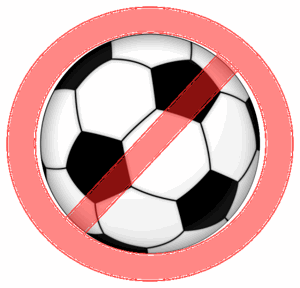 Football is, by its very nature, a partisan sport.
Football is, by its very nature, a partisan sport.
For ninety minutes supporters will scream abuse at opposition players and whilst roaring their approval of their own side. Players will go crunching into tackles and be desperate to beat the other team to the three points or qualification on offer.
Generally the game is a friendly sport, though, and the competitiveness is limited to what takes place on the field of play.
So why is that clubs can sometimes get banned from taking part in competitions? What has to happen for things to get that serious? We’ll explore that question here, giving you a little bit of information about club bans so you understand the subject better.
What Does a Football Ban Mean?
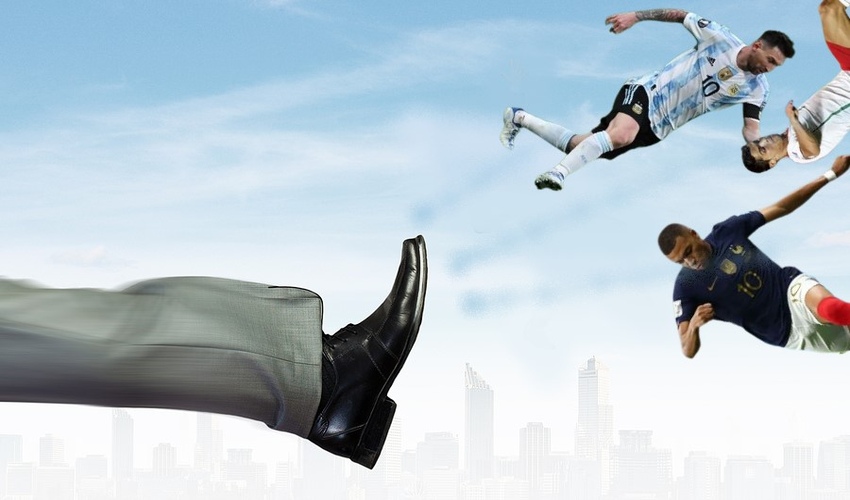
There are different types of ‘ban’ that take effect in football. One of the most obvious ones is a player who gets banned for disciplinary reasons. It is rare for a club to get banned from playing in competitions for disciplinary reasons, though it isn’t unheard of.
It is far more common for clubs to be banned from doing something, such as when Barcelona and Real Madrid were stopped from making transfers because of the fact that they breached rules concerning the transfer of foreign players under the age of eighteen.
What we’re talking about, though, is when clubs are banned from taking part in competitions for some reason or another. That means that they are not allowed to take part in games in that competition in any format.
No players can play a game representing that club or nation for the duration of the ban.
Why Do Football Clubs Get Banned?
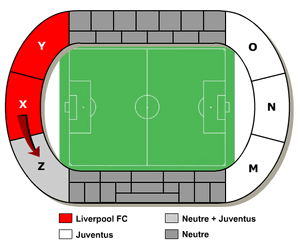
We will talk in more detail of the ban around Heysel later, but that is one of the clearest examples of the footballing authorities decided something was serious enough to ban teams from taking part in a competition. The fact that people lost their lives and that the powers that be decided, whether fairly or not, to lay the blame at the foot of one particular club was seen as a good enough reason to impart a ban on them and other clubs from the same country.
Thankfully occasions when lives are lost are few and far between when it comes to football, so similar bans are not often imposed to the same extent. Instead bans are put in place for relatively much less serious incidents.
In recent years UEFA have tried to clamp down on illegal transfer activity, for example. Consequently they have issued bans from European competitions for clubs that have failed to comply with the rules of transfers that the governing body has decided upon.
It is rare for clubs to be banned from Domestic competition. Normally a country’s Football Association will instead choose to levy football clubs with a fine rather than stop them from partaking in any given competition. Even when clubs have had to enter administration for financial reasons they haven’t been banned from taking part in a league or cup. Instead they’ve been fined and often docked points.
That is why it is more common for bans to be imposed on clubs by the major footballing authorities such as UEFA and FIFA. As we’ve already mentioned, these bans are normally put in place because clubs have fallen foul of the authorities’ various rules. Both organisations like to rule over football with an iron fist and so use banning orders as a way to assert their authority when they are disobeyed or questioned.
High Profile Examples Of Club Bans
Heysel

One of the most high-profile bans in the history of football was the banning of English clubs from European competition in the wake of the Heysel Stadium Disaster. We’ve written about the disaster itself elsewhere and it is well worth reading up on it if you only know the bare minimum of information. We won’t repeat that article here, instead concerning ourselves with the aftermath.
Two days after the disaster the then British Prime Minister, Margaret Thatcher, instructed the Football Association to remove British clubs from European competition the following season. This was an attempt to convince UEFA that the matter was being taken seriously and to get ahead of any possible ban that they might impose themselves.
However UEFA decided that it wasn’t enough and on June 2nd they chose to ban English clubs from European competitions for ‘an indeterminate period of time’. Four days after that FIFA decided to weigh in on the matter and made the ban worldwide, later easing it a little to allow English clubs to play friendly matches outside of Europe. In December of 1985 UEFA also chose to relax the ban slightly, allowing English sides to play friendly matches in Europe, though Belgian declined to allow them to be played in their country.
The ban imposed was for English club sides, not the national team. The club sides continued to protest the matter and were eventually allowed back into European club competitions such as the UEFA Cup and European Cup after a five year absence. Liverpool were subject to a further year’s ban, meaning that they were absent from Europe for six years in total.
Fenerbahce and Besiktas
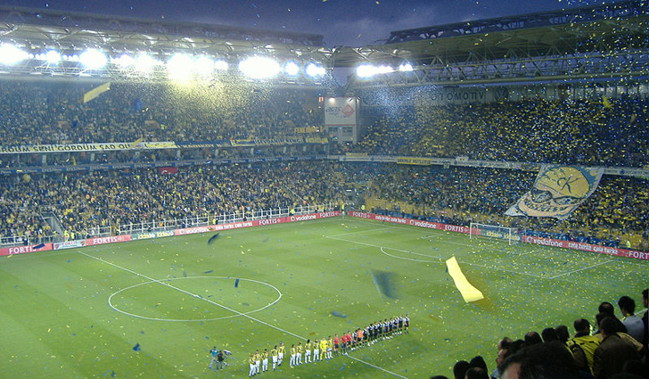
In 2013 UEFA’s Control and Disciplinary Body decided to ban both Fenerbahce and Besiktas from their competitions as a result of a match fixing scandal in Turkish football.
Numerous matches, including the final game of the season when Fenerbahce clinched the title with a 4-3 win, were investigated by the Turkish FA.
Fenerbahce were banned for two years with a third season’s ban held in probation for five years. Besiktas, on the other hand, were only banned for one year as a result of a cup final they won on penalties believing to have been fixed.
Dnipro, Inter Baku And Targu Mures
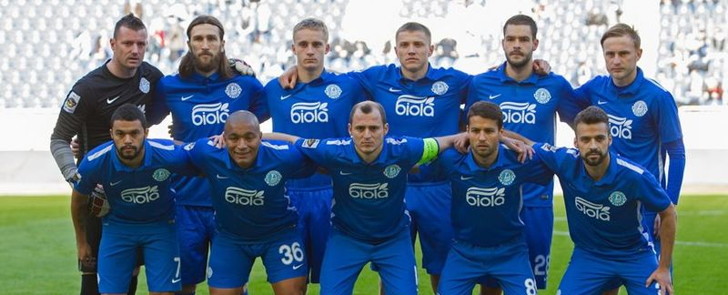
In March of 2016 UEFA confirmed that it would be imposing bans from its competitions for three years on the Ukrainian team Dnipro, the Azerbaijani side Inter Baku And Romania’s Targu Mures. In the end the ban was reduced to one season.
The bans were put in place after all three clubs breached the governing body’s financial regulations. In the case of Dnipro this was because they had failed to pay their players. It was a remarkable fall from grace for the Ukrainian side considering they had been in the Europa League final in 2015.
The Football Association of Bosnia-Herzegovina
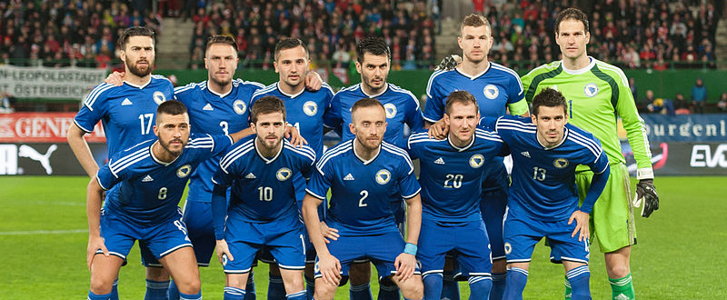
Back in 2011 both UEFA and FIFA chose to impose a ban on the Football Association of Bosnia-Herzegovina. The NSBiH, as the association is known, had refused to adopt the statutes decided upon by the two footballing bodies and consequently both the national side and international team were banned from taking part in competitions ran by either organisation.
The reason behind the ban was actually quite remarkable. The Bosnian FA is governed by three different people alternating in the role of head of the association. Owing to the difficult political situation in the state the FA was ruled alternately by a Muslim, a Croatian and a Serbian. However the football world’s governing body, FIFA, decided that it needed to change its three-man position into a single position as other countries do. When the NSBiH refused the ban was imposed.
Málaga
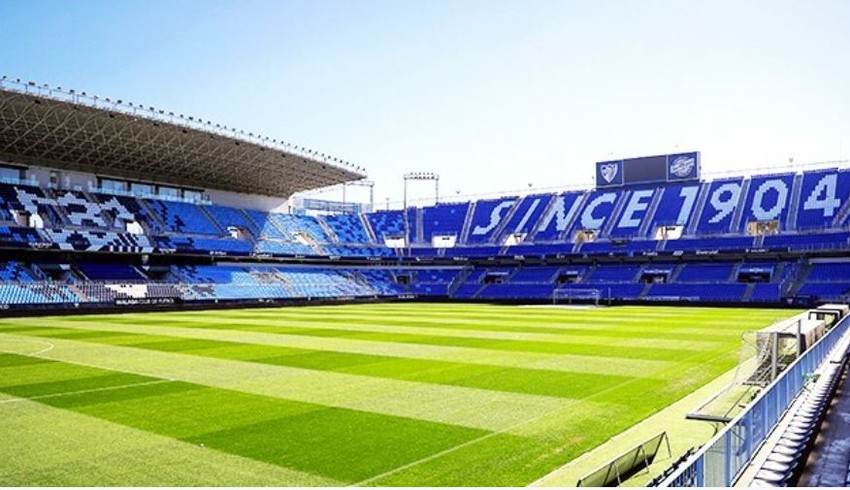
In 2012 the Spanish side Málaga found itself in a similarly situation to that already described for Dnipro and co.
They were unable to pay their players’ wages on time or pay their tax bill.
They were banned from European competition for a year, with a further ban suspended depending on whether or not they were able to make a payment before a deadline that had been imposed on them.
FC Twente
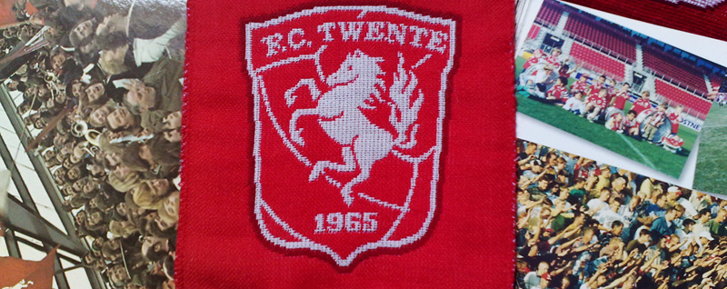
In 2015 the Dutch side FC Twente were banned from taking part in European competition for three years. Interestingly it was not UEFA or FIFA who imposed the ban on this occasion but instead it was the Royal Netherlands Football Association.
The Dutch FA chose to impose the ban after FC Twente violated the country’s transfer regulations. Twente attempted to sell the transfer fee rights of a player to an outside investor and ‘deliberately misled’ the RNKB over the issue. Third-party ownership has been banned in football by FIFA but Twente sold the rights of seven of their players to Doyen Sports Investments, a company based in Malta.
Galatasaray
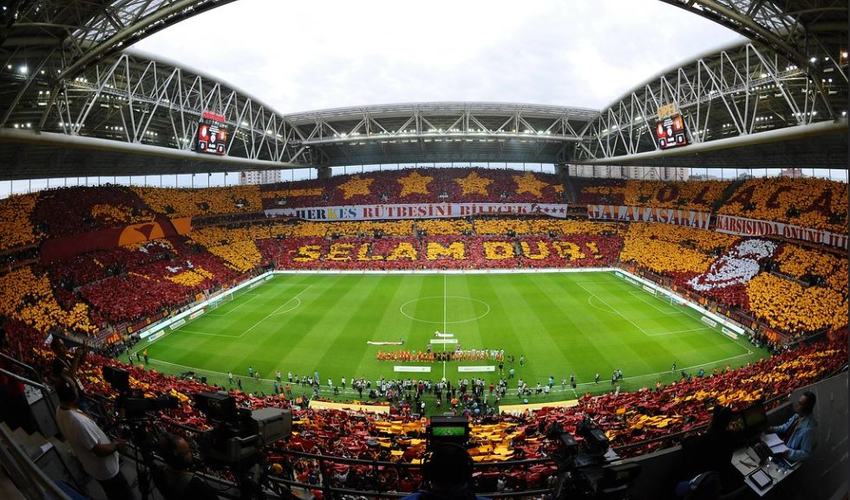
In 2016 the Turkish side Galatasaray were given a two-season ban by UEFA after they were found to have breached Financial Fair Play rules.
In 2014 they had been fined £155,000 and told that they needed to break even financial in the future.
They failed to do that in the 2015-2016 season and so the Adjudicatory Chamber of the UEFA Club Financial Control Body banned them from any European competition they qualified for over the following two years.
